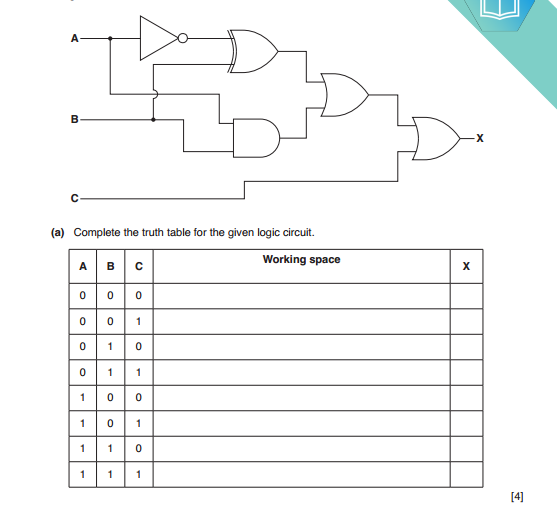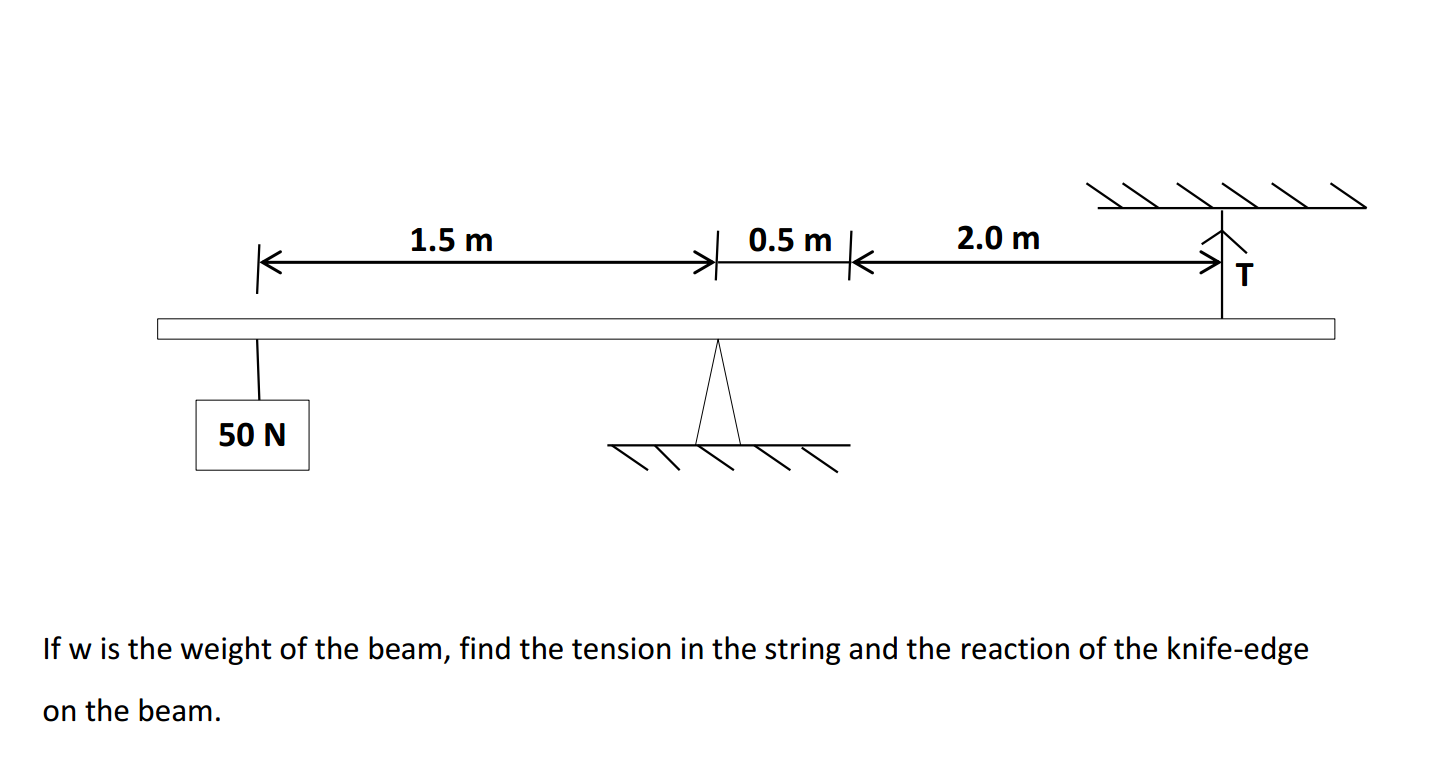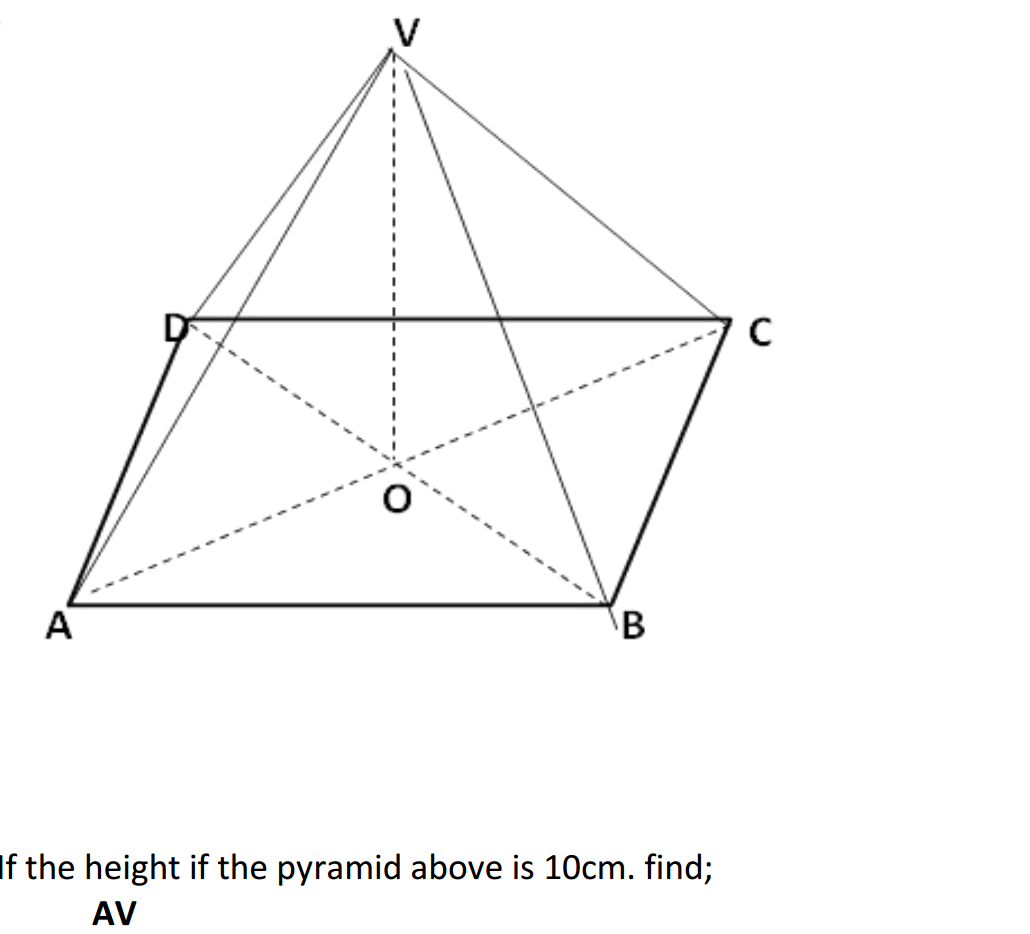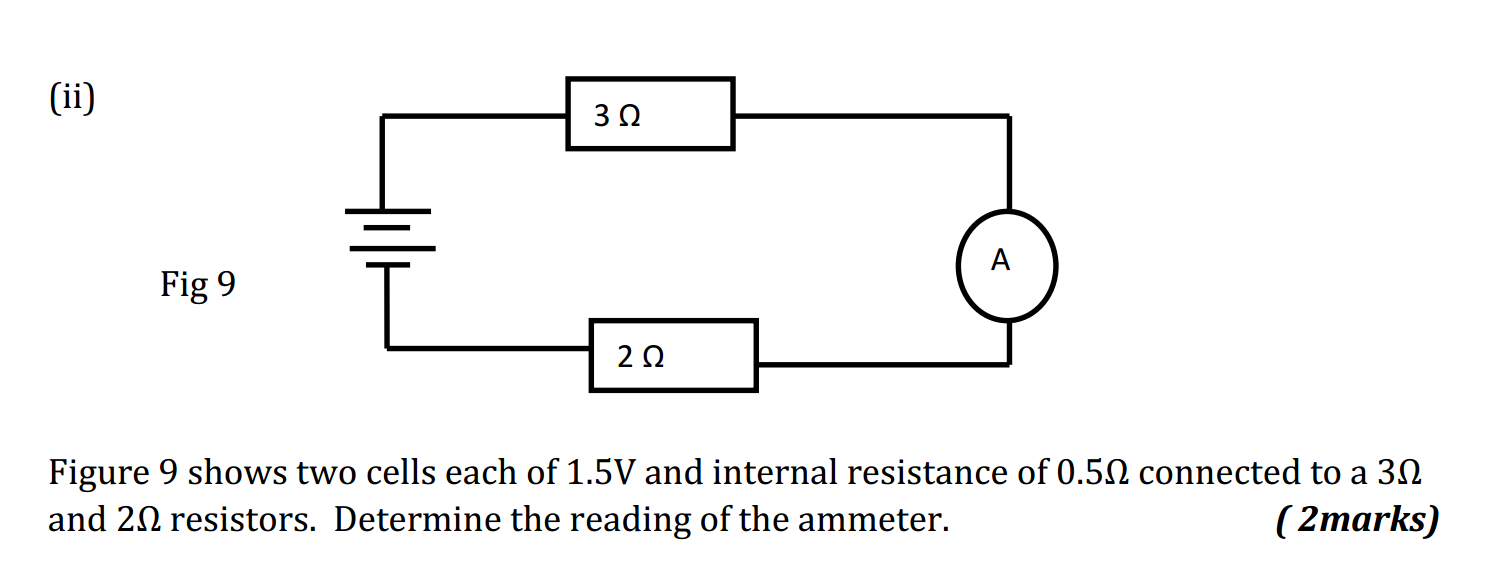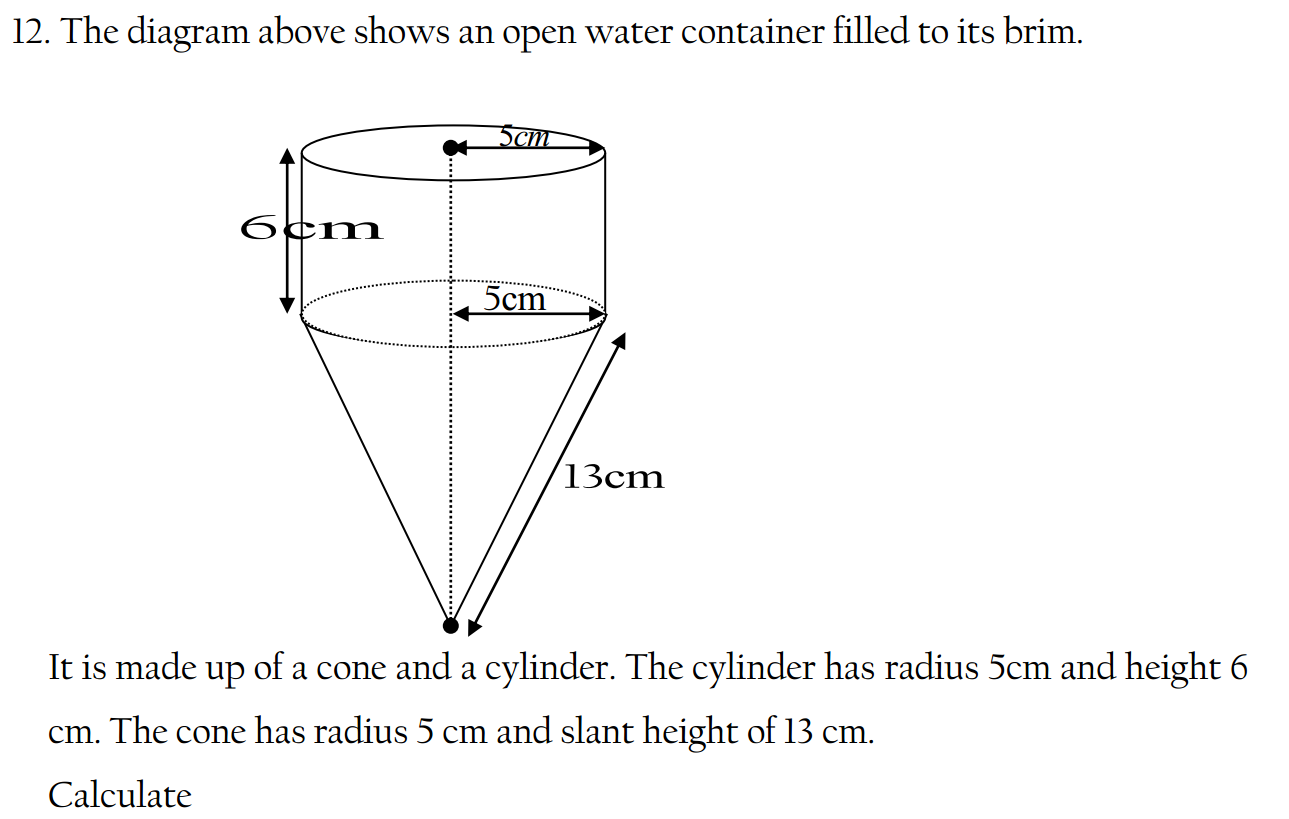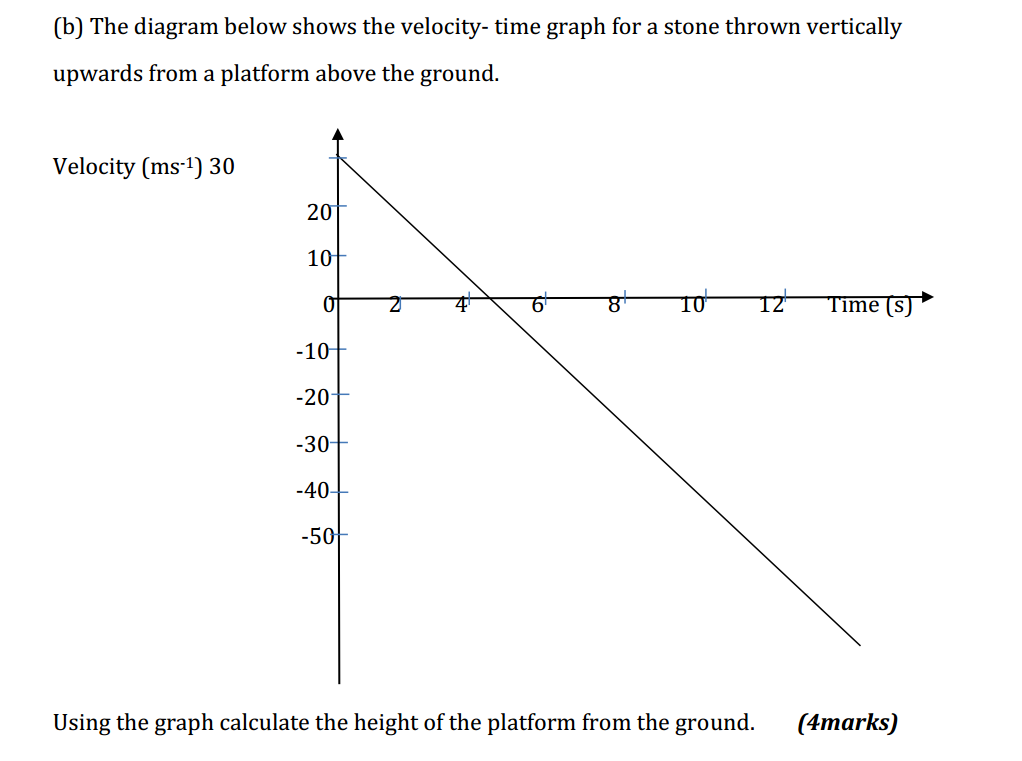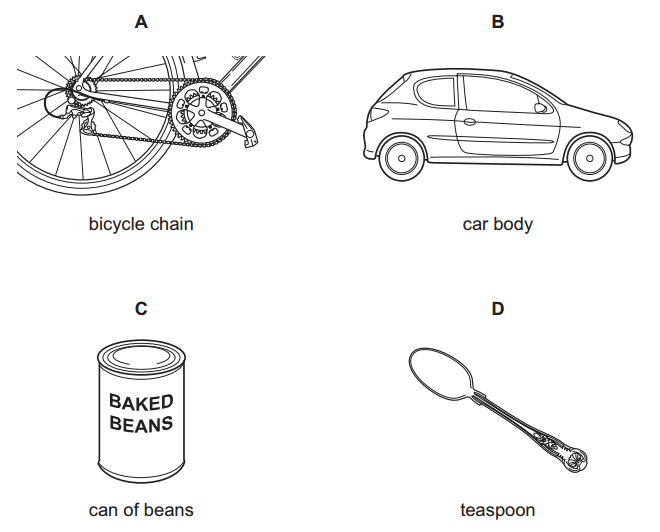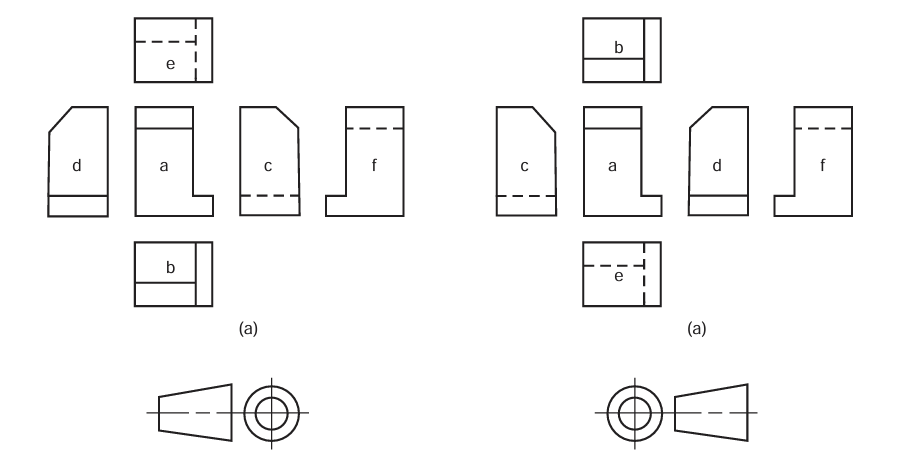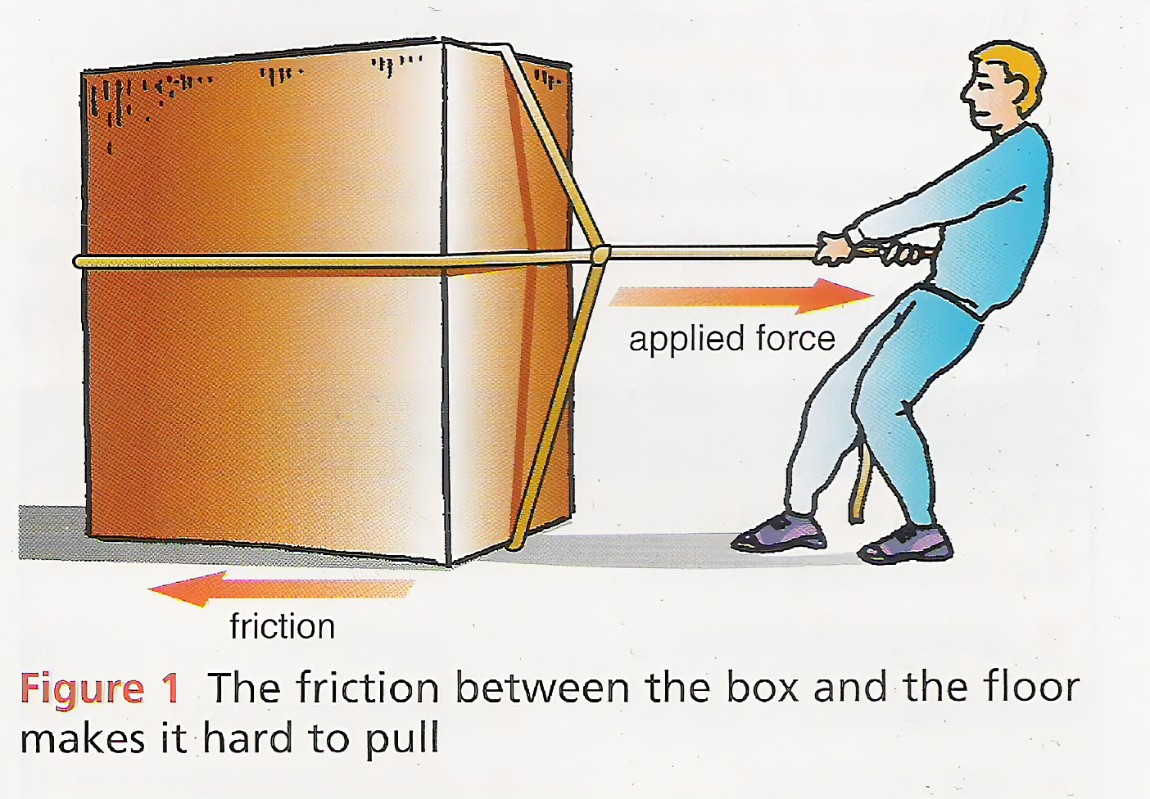Writing a thesis for a master’s class involves a structured and comprehensive approach. Here’s a step-by-step guide to help you navigate this process:
- Selecting a Topic:
- Choose a topic that aligns with your interests and the objectives of the master’s class.
- Ensure the topic is researchable and feasible within the given timeframe and available resources.
- Research and Literature Review:
- Conduct extensive research on your chosen topic.
- Review existing literature and scholarly works related to your subject.
- Identify gaps in current research that your thesis could address.
- Developing a Research Question or Hypothesis:
- Based on your research and literature review, formulate a clear research question or hypothesis. This should be the core focus of your thesis.
- Outline and Proposal:
- Create an outline for your thesis. This will serve as a roadmap, organizing your ideas and research.
- Write a proposal that outlines your thesis’s purpose, research question, methodology, and anticipated outcomes. This proposal may need approval from your advisor or instructor.
- Methodology:
- Define the methods you’ll use to conduct your research.
- Explain your approach—whether it’s quantitative, qualitative, experimental, or theoretical.
- Justify why your chosen methodology is appropriate for your research question.
- Data Collection and Analysis:
- Collect relevant data or information necessary to address your research question.
- Analyze the data using appropriate tools or methodologies.
- Interpret the findings in relation to your research question or hypothesis.
- Writing the Thesis:
- Begin with an introduction that presents your research question, its significance, and the structure of your thesis.
- Follow your outlined structure, dividing the thesis into chapters or sections (e.g., introduction, literature review, methodology, results, discussion, conclusion).
- Ensure a logical flow between sections, providing transitions and connecting ideas.
- Support your arguments and findings with evidence from your research.
- Review and Revision:
- Proofread your thesis for grammar, coherence, and clarity.
- Seek feedback from advisors, professors, or peers. Incorporate constructive criticism to improve the quality of your work.
- Formatting and Finalization:
- Follow the specific formatting guidelines provided by your institution.
- Include a bibliography or references section, citing all sources accurately.
- Finalize your thesis, ensuring it meets all academic standards and requirements.
- Submission and Defense:
- Submit your completed thesis according to the specified deadline.
- Prepare for a thesis defense if required, where you’ll present and defend your research in front of a panel.
Remember, the process of writing a master’s thesis is rigorous and demands dedication. Stay organized, manage your time effectively, and seek guidance from mentors or advisors throughout the process. Good luck with your thesis writing journey!













